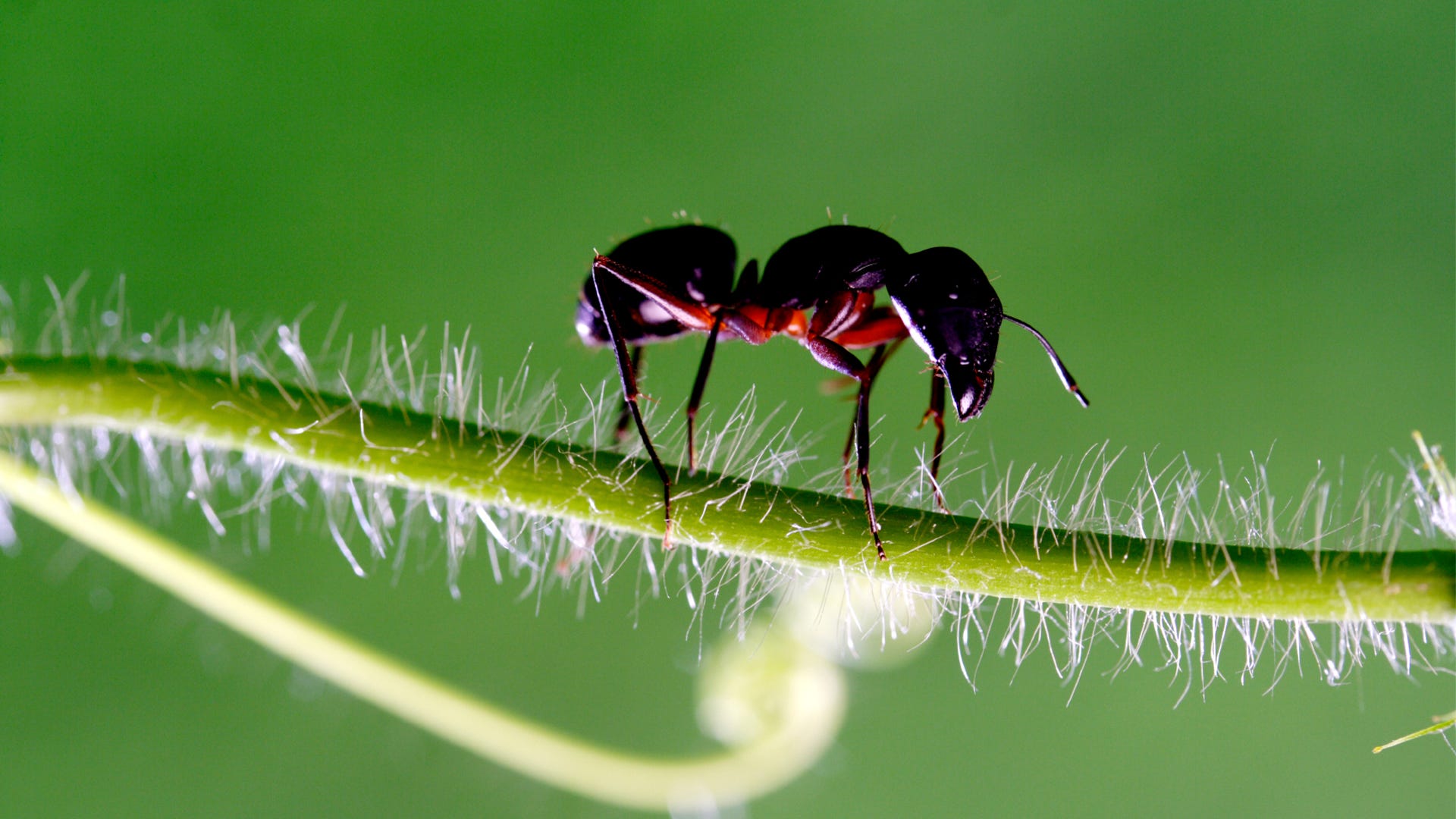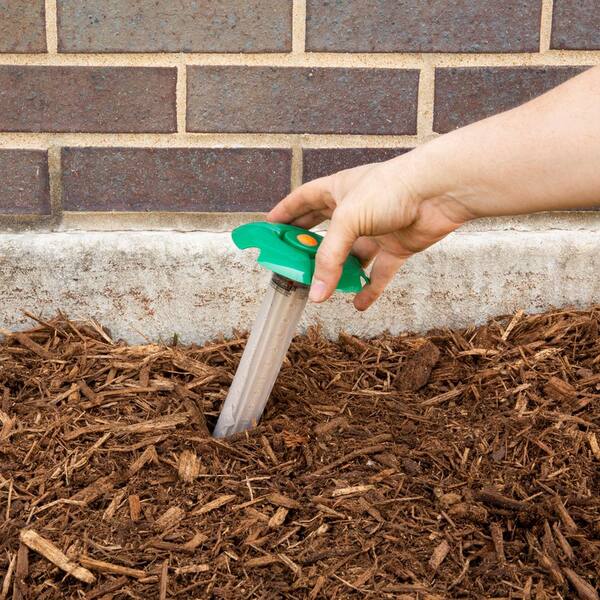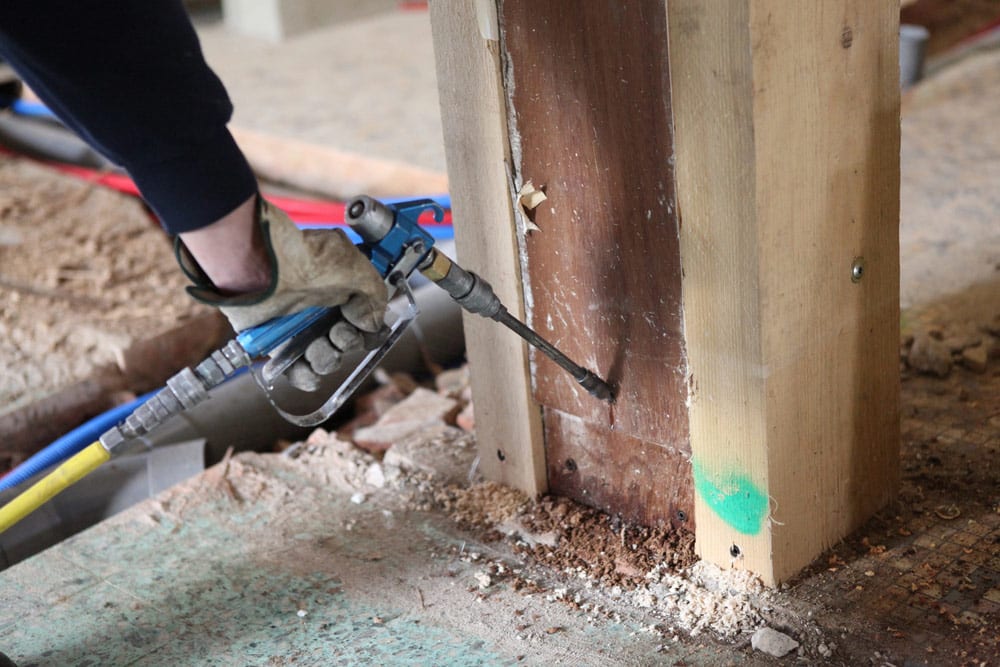Premier Termite Control Services: Make Certain Long-Term Defense for Your Property
Premier Termite Control Services: Make Certain Long-Term Defense for Your Property
Blog Article
Ecological Influence of Pest Control: Harmonizing Efficiency With Sustainability
The ecological influence of pest control is a vital issue that requires a delicate balance in between achieving efficiency in making certain and handling parasites sustainability of our ecological communities. From the usage of harmful chemicals that permeate into our dirt and water to the unplanned effects on non-target species, the repercussions of standard insect control methods are far-reaching.
Hazardous Chemicals in Parasite Control
The usage of dangerous chemicals in bug control positions substantial environmental and health and wellness dangers that require mindful consideration and mitigation approaches. Pesticides, pesticides, and herbicides are commonly made use of to eliminate bugs, yet their widespread application can lead to unintentional consequences. These chemicals can contaminate soil, water resources, and the air, impacting not just the targeted bugs but also valuable insects, wild animals, and people.

To resolve these dangers, integrated bug monitoring (IPM) methods are being advertised as a more sustainable choice. IPM includes a combination of approaches such as organic control, environment manipulation, and the targeted use pesticides as a last option (ant control gastonia nc). By embracing an all natural strategy to pest control, we can lessen the environmental and health and wellness influences linked with harmful chemicals while properly handling pest populations
Influence On Non-Target Species
Thinking about the unintended consequences of insect control methods, the effect on non-target species is a critical facet that requires detailed assessment. While pest control steps aim to target specific bugs, various other microorganisms in the ecosystem may be inadvertently affected. Non-target types, including valuable bugs, birds, creatures, and even plants, can endure direct or indirect injury from pesticide applications or biological control techniques.
Insecticides made to fight a particular bug parasite may damage pollinators like bees or all-natural predators such as ladybugs. Biological control representatives, if not species-specific, can posture dangers to unintended targets, disrupting the environmental equilibrium.
To reduce the influence on non-target varieties, integrated pest management (IPM) approaches that emphasize an all natural approach to pest control are advised. These methods prioritize using eco-friendly techniques, decreasing harm to useful organisms while effectively handling pest populations. Conducting thorough danger analyses and monitoring the end results of pest control initiatives are essential steps in guarding non-target types and promoting total ecosystem wellness.
Soil and Water Contamination
Unexpected environmental effects of pest control approaches expand beyond influencing non-target species, with considerable effects for dirt and water contamination - termite control. Chemicals, herbicides, and chemical plant foods used in insect control can leach right into the dirt and contaminate groundwater, positioning a danger to both terrestrial and water communities.
Water contamination is an additional essential concern connected with insect control methods. To mitigate dirt and water contamination from bug control tasks, integrated pest monitoring approaches that focus on sustainability and reduce chemical inputs are essential.
Air Pollution From Chemical Usage
Exposure to air-borne pesticides during try this farming applications poses a considerable concern for air pollution control actions. Additionally, pesticide drift, where chemicals are carried by the wind to unintentional locations, can lead to the contamination of nearby communities and water bodies.

Strategies for Sustainable Bug Control
In the world of farming practices, executing sustainable insect control methods is extremely important for maintaining ecological balance and protecting crop yields. Sustainable insect control highlights making use of eco-friendly approaches to take care of parasite populaces properly while decreasing injury to non-target microorganisms and ecological communities. Integrated Bug Administration (IPM) is a widely taken on method that incorporates organic, social, physical, and chemical control techniques to accomplish long-term pest management remedies.
Plant turning and diversity are also reliable methods to interfere with pest life cycles and produce much less positive conditions for bugs to thrive. Eventually, by integrating these sustainable parasite control methods, farmers can attain a balance in between pest management efficiency and environmental stewardship.
Final Thought
Finally, the environmental effect of parasite control methods have to be very carefully taken into consideration to balance efficiency with sustainability. Harmful chemicals utilized in parasite control can lead to soil and water contamination, air contamination, and injury non-target species - termite control. It is critical to execute sustainable bug control strategies to reduce these adverse results on the atmosphere and promote a healthier environment for future generations
By taking on an all natural approach to pest control, we can reduce the environmental and health and wellness effects linked with unsafe chemicals while effectively managing pest populations.

To minimize the air pollution created by pesticide usage, it is essential to embrace integrated insect monitoring techniques that focus on the use of non-chemical insect control approaches, such as crop rotation, all-natural predators, and resistant plant selections. Sustainable bug control stresses the use of ecologically pleasant methods to handle parasite populations successfully while decreasing harm to non-target microorganisms and ecosystems. Integrated Insect Administration (IPM) is an extensively adopted method that integrates organic, social, physical, and chemical control methods to achieve long-lasting bug administration options.
Report this page